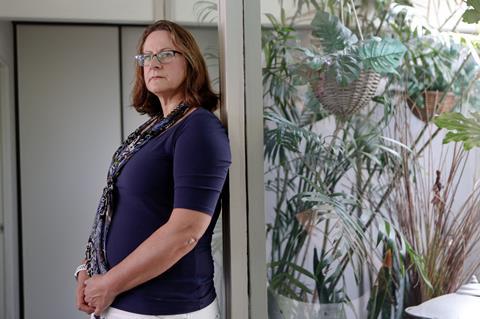
French prosecutors have concluded that there is not enough evidence to investigate research integrity specialist Elisabeth Bik over accusations of making threats, extortion and blackmail brought by two high-profile bioscientists. The complaints followed Bik highlighting errors in the scientists’ work that claimed that hydroxychloroquine could treat Covid-19 – something that did not turn out to be true.
On 25 April, microbiologist-turned-research integrity specialist Bik, based in California, posted the letter she received from the Marseille prosecutors on X, formerly Twitter, stating that there was no case to answer.
Yay!
— Elisabeth Bik (@MicrobiomDigest) April 24, 2024
Three years after @raoult_didier @Pr_Chabriere_E and @IHU_Marseille filed a complaint against me for harassment and blackmail, the Marseille Procureur tells me today they could not find any grounds for criminal prosecution. pic.twitter.com/VDv9smBWZf
Prominent microbiologist Didier Raoult and structural biologist Eric Chabrière, both then based at Marseille’s Hospital-University Institute Mediterranean Infection (IHU), filed the complaint against Bik in 2021.
Raoult and Chabrière accused Bik of aggravated moral harassment, attempted extortion and blackmail after she publicly criticised the pair’s papers online including on PubPeer, a website where scientists analyse published papers. In response, more than 1000 scientists signed an open letter in support of Bik.
On 15 May, Guillaume Limousin, a mathematician at France’s Ministry of National Education, Youth and Community Life took to X to announce that a defamation complaint Raoult filed against him had also been dismissed in court. The judge also ordered Raoult to pay €2000 (£1700) in lawyer’s fees, Limousin wrote.
One of the studies Bik scrutinised is a small-scale March 2020 study that suggested that a decades-old cheap malaria drug, hydroxychloroquine, could treat Covid-19. After the study was published, the then US president Donald Trump repeatedly endorsed hydroxychloroquine.
But shortly after the study came under scrutiny, the International Society of Antimicrobial Chemotherapy and Elsevier, which jointly produce the journal that published Raoult and Chabrière’s work, released a statement distancing themselves from it.
In September 2022, an inquiry by the French health ministry found ‘serious malfunctions’ in Raoult’s lab. In June 2022, his lab was sanctioned by the National Agency for the Safety of Medicines and Health Products in France for non-compliance and breaches of policy when conducting research on humans. In 2006, Raoult and four of his colleagues were banned from publishing in journals owned by the American Society for Microbiology due to alleged image manipulation.
Chemistry World has approached Raoult and Chabrière for comment.
Bik tells Chemistry World that she’s relieved this saga has come to an end. ‘I was worried because I would have probably had to show up at some point in court and these court cases can take forever,’ she notes. ‘It might have involved travel and a lot of my time.’
As Bik has dual citizenship of the Netherlands and the US, it’s unclear if she would have been affected by a complaint filed in France. ‘As a US citizen, you would think I fall under US protection,’ she says. ‘This would have been a case where a lot of international lawyers sink their teeth into it because it’s pretty complex.’
Bik says she has had a couple of legal threats in the past where researchers have demanded that she remove her blog posts about them and their work. ‘I thought, “I think this is just an empty threat”,’ Bik recalls. ‘So I’m just not going to do what they ask me.’
Sholto David, a UK-based scientific sleuth who also hunts for image manipulation, says he has posted critical comments on more than 2500 papers on PubPeer. ‘I occasionally get vague legal or personal threats, but nothing that has progressed beyond angry emails,’ he says. ‘I’m glad that the case against Elisabeth has been dropped.’

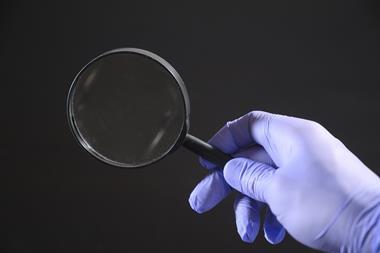
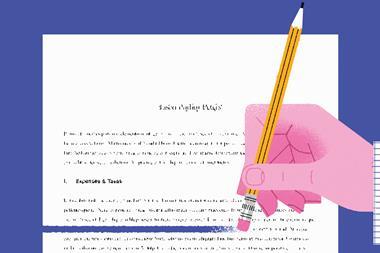
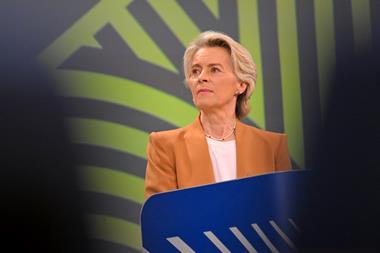
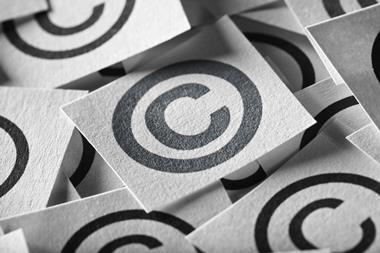
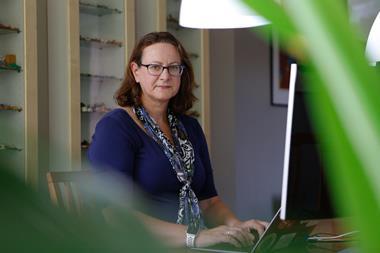






No comments yet